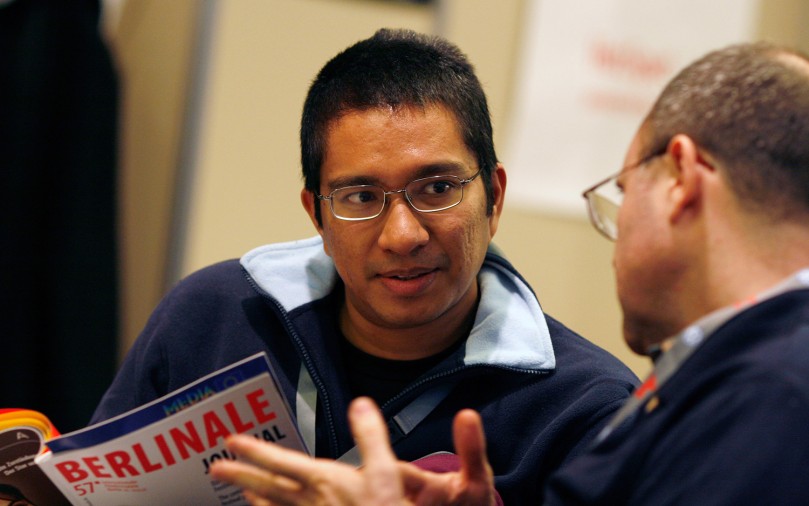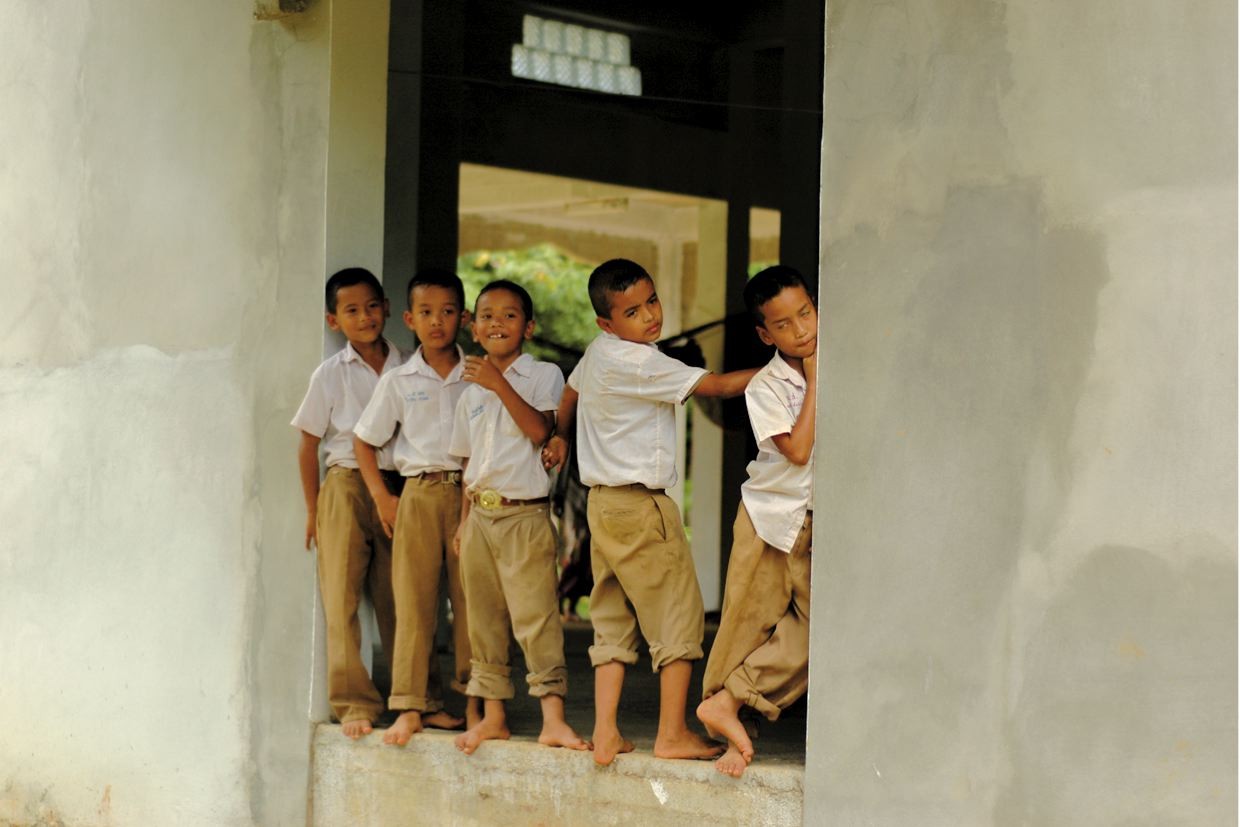
Apa khabar orang kampung | Village People Radio Show by Amir Muhammad
MYS 2007, Forum
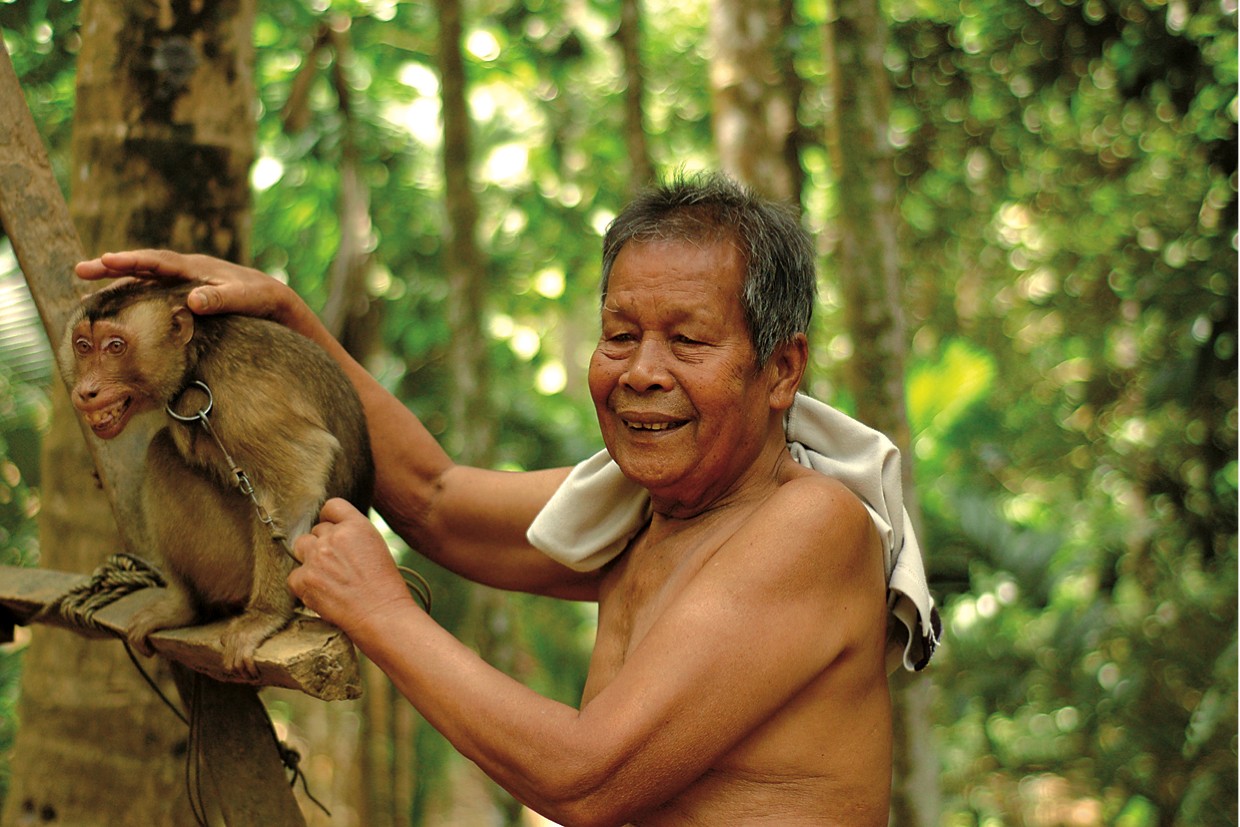
Apa khabar orang kampung | Village People Radio Show by Amir Muhammad
MYS 2007, Forum
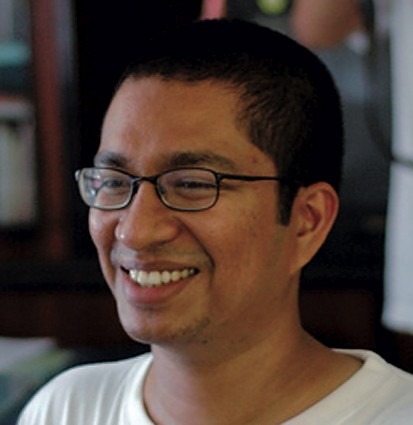
Amir Muhammad
Apa khabar orang kampung | Village People Radio Show by Amir Muhammad
MYS 2007, Forum
Amir Muhammad examines the history of the Communist Party of Malaysia, as he has already done in his film "Lelaki komunis terakhir" (The Last Communist). Despite their participation in the battle for the country's independence, the party was constantly accused of being tied to China and their atheistic philosophy in a Muslim dominated country. The protagonists' memories are not illustrated with archival material. Instead we see the men in their village, which is shown in radiantly clear, occasionally static images. Using the interruptions in the narration, Muhammad tries to get closer to reality. The radio play functions like a parable of the country's relationship to the party, and is based on Shakespeare's "A Winter's Tale". It is the story of a king who accuses his wife of adultery and therefore holds her prisoner.
Gabriela Seidel
Additional information
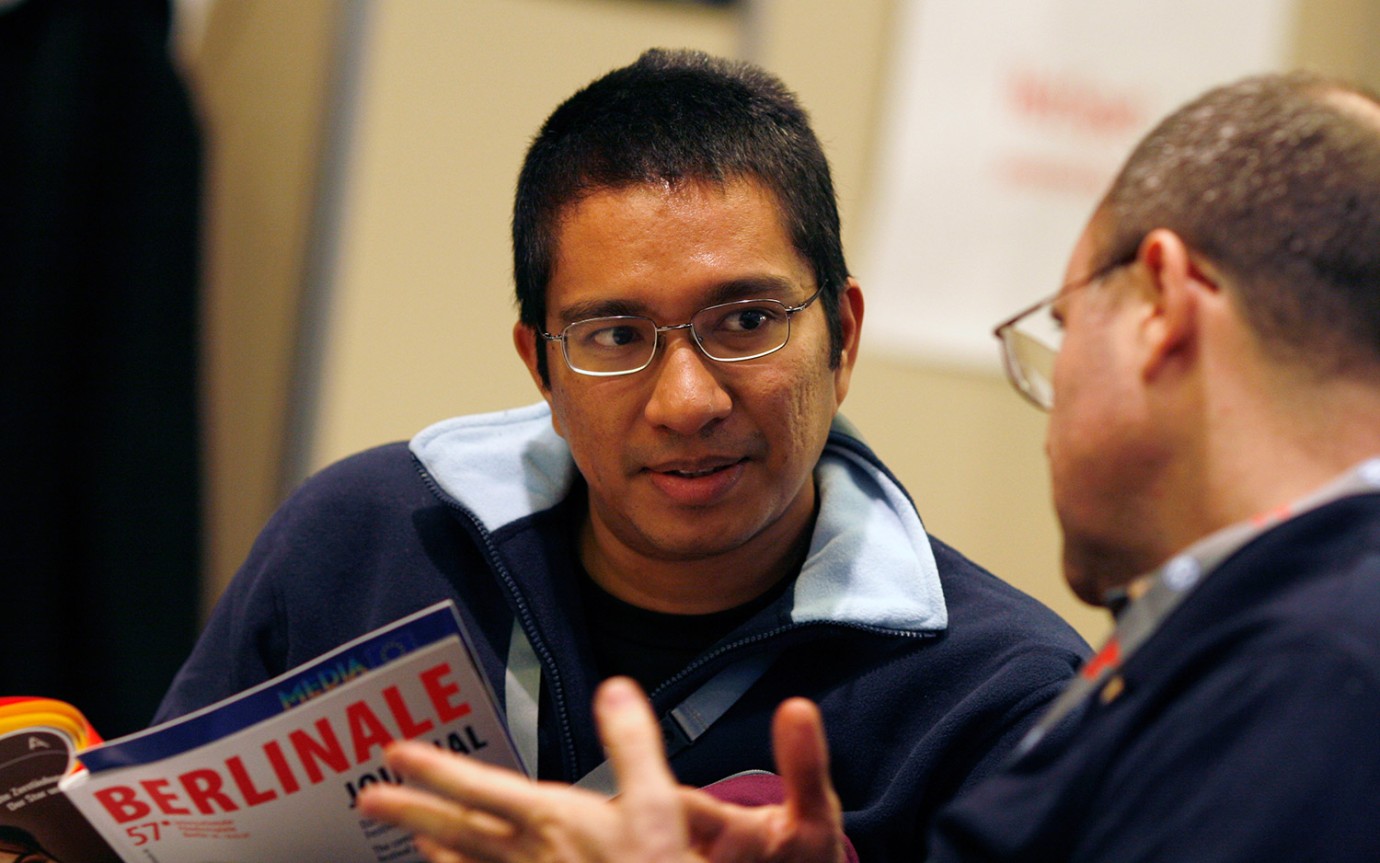
Amir Muhammad
Malaysian director Amir Muhammad whose The Last Communist caught a lot of attention in last year's Forum. This year he will be presenting his latest film, Village People Radio Show.
Apa khabar orang kampung · Forum · Feb 08, 2007
